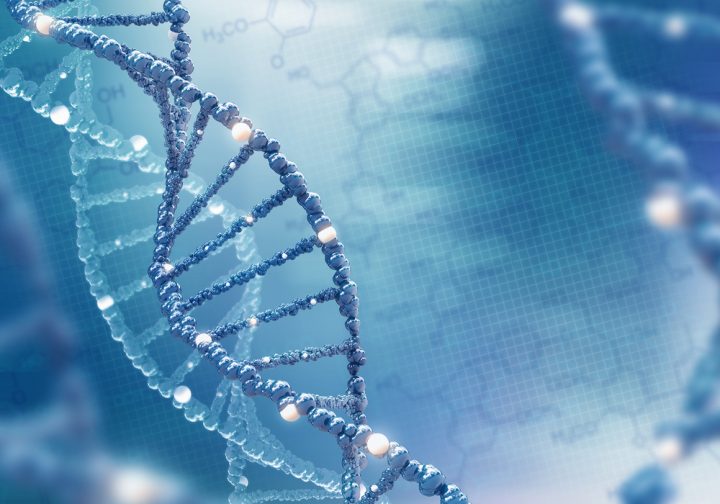Multiple Rare Mutations in Genes Linked to ALS Can Lead to Earlier Disease Onset, Study Reports

Courtesy Shutterstock
People with multiple rare mutations in genes known to cause amyotrophic lateral sclerosis (ALS) are significantly more likely to develop this disease at younger ages, a study in Japanese patients reports.
The study, “Burden of rare variants in causative genes for amyotrophic lateral sclerosis (ALS) accelerates age at onset of ALS,” appeared in the Journal of Neurology, Neurosurgery & Psychiatry.
Over 20 genes have been identified as causing familial ALS (FALS). The study’s researchers previously found disease-related mutations in 41 of 68 FALS families, with changes in the SOD1 gene occurring in nearly 40% of them.
Of note, specific alterations known as repeat expansion mutations in the C9orf72 gene — abnormal repeats of a specific set of nucleotides, the building blocks of DNA — were lower in Japanese than in European FALS populations, indicating the specificity of the mutations occurring in this disorder.
In contrast to FALS, the molecular basis of sporadic ALS (SALS) has not been identified in large populations of patients. A genome analysis showed that individual ALS patients carry a significant number of variants — mutations — in causative genes, even though individual ones are not sufficient to trigger the disease. This suggested to the scientists that a combination of multiple rare variants may induce ALS and affect its age at onset. They call these “pathogenic mutations or rare functionally predicted deleterious variants” in their study.
The researchers assessed if known disease-related mutations for FALS and rare variants in these causative genes believed to be functionally deleterious — harmful — may quicken the age of ALS onset.
They conducted a whole-exome sequencing analysis in 89 families with familial ALS and 410 patients with sporadic disease. The exome comprises exons, which are the bits of DNA with information to generate proteins.
Rare functionally harmful variants were defined as those with a minor allele frequency — the number of the less common gene copy in a given population — under 1% and a scaled Combined Annotation-Dependent Depletion score, which indicates the impact of a given mutation, greater than 20.
Median age at disease onset was 55 in patients with FALS and 61 in those with SALS. Symptom onset was bulbar in 25.9%, upper extremity in 36.9%, and lower extremity in 37.2% of patients.
Results revealed known disease-related mutations in 48 (53.9%) families with FALS and 16 patients (3.9%) with sporadic disease. Changes in the SOD1 gene were the most common — 32 in FALS families and nine in SALS patients. Mutations in the FUS, TARDBP, ERBB4, C9ORF72, VCP, HNRNPA1 and SETX genes were also observed. Rare and functionally-predicted harmful variants were identified in 16 in patients with FALS and 82 with SALS.
Variants in multiple genes were found in seven probands (7.9%) — the first person diagnosed in a family — with FALS and eight patients with SALS (2.0%). Importantly, carrying multiple mutations led to a significantly earlier age at ALS onset (median 43.0 years) than having no or one variant (median 61.0 years), a finding that remained statistically significant after excluding patients with known disease-related mutations. Family history of ALS also correlated with age at disease onset.
“The ages at onset in the patients with ALS with multiple variants were significantly earlier than those in other patients with ALS. Even when the patients with known pathogenic mutations were excluded, a significantly earlier onset of the disease was still observed in patients with multiple rare functionally predicted deleterious variants,” the researchers wrote.
“These results suggest that the burden of variants in known causative genes for ALS affects the age at onset in the Japanese ALS series,” they added.
While noting their findings agree with those of a study in the U.S. showing a 10-year earlier ALS onset in patients with rare mutations in multiple genes, the scientists also cautioned they need to be replicated in larger ALS populations. The association between survival and multiple variants also needs to be addressed, they said.






